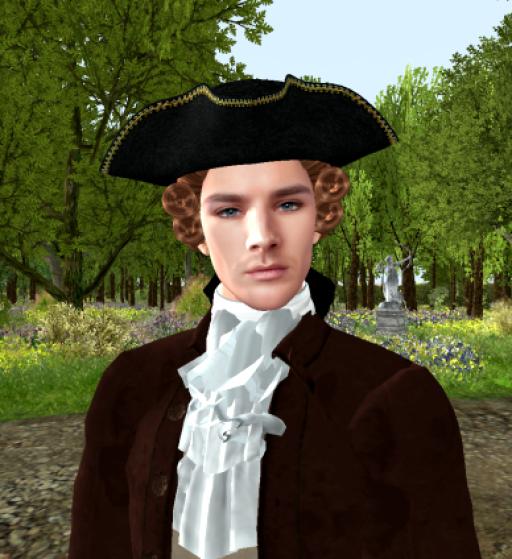France officially recognized the United States of America
December 17th,is the anniversary of the day on which Louis XVI, the Most Catholic King of France, recognized the United States of America as a sovereign nation in 1777.
Without that decision, American independence might have come much later if at all. French aid kept the rebellion going and provided the money and supplies without which George Washingtons ragtag army could not have survived.
It was not the most brilliant foreign policy decision in the history of the French monarchy. While the war of the American Revolution ended in a French victory over the UK, partially avenging the defeat of the Seven Years War, the victory was Pyrrhic. The US did not become a strategic ally of France in its long and losing contest with Britain, and the costs of the American Revolution would ultimately force Louis XVI to convene the Estates General meeting that launched the French Revolution.
Be that as it may, it was a decisive moment in American and world history. Most historians believe that it was the US victory at the Battle of Saratoga in October 1777 that led Louis to conclude that the time had come for recognition. If so, that makes Saratoga one of the most important battles of all time.
Thanks, France, for the help. Britain was our mother country, but you were the midwife of our independence, and without you, we might not be here. You have often wondered since whether helping us was the right thing to do, but the chances are that if you ever really need us again, we will be there.
Merci .
The King and Queen graciously received Benjamin Franklin, Thomas Jefferson, John Adams and other Americans at Versailles.
This was taken from the American Interest, main website.




I knew that the french helped us with the revolution but I didn't realize how important it was. I guess I owe my thanks to king Louis XVI and Marie Antoinette. Thank you so much for posting this!
Saratoga *was* a pivotal event in world history; the British should have sealed up the "corridor" between Montreal and New York by mid-summer; why they did not, and why they lost Saratoga, has been the subject of numerous historical dissections. There are many possible contributing causes, but they do not add up to the British loss at the time ... especially after their victory only a few years earlier in the French and Indian War (as we Americans call it). The news of Saratoga was similar to that, in modern times, of the retaking of Kabul from the Soviets or the Tahrir Square protests forcing Mubarak out - amazement and some disbelief. The French then became willing to bankroll these colonists, who were fighting a new style of war - today we'd call it "guerrilla warfare" - and send troops and materiel as well. As you note, it was unfortunately one of the direct precursors of the fall of the monarchy, but there were others. Americans have always been grateful to France and although there is (from our Anglo-Saxon heritage) a certain strain of francophobia (most recently, "freedom fries"), there has throughout our history been much francophilia, cemented perhaps most firmly in France's lovely gift at our centennial, Bartholdi's "Liberty Enlightening the World" ("La Libert clairant le monde", or, as Americans generally call her, the Statue of Liberty), which reigns over New York Harbor and has a little sister at the Pont de Grenelle in Paris.
A principal part of the loss at Saratoga was the British loss at the Battle of Bennington (Vermont), which prevented British access to a critical armory. (My own RL great-great-great-great-great grandfather led the Green Mountain Boys, who arrived just in time to relieve exhausted American troops and turn the tide of the battle.)
"Thanks, France, for the help. Britain was our mother country, but you were the midwife of our independence, and without you, we might not be here. You have often wondered since whether helping us was the right thing to do, but the chances are that if you ever really need us again, we will be there."
In the ears of a european - given the current situation in Europe - this almost sounds cynic lol
Well ... we've tried to be there for Europe, little things like the Marshall Plan and NATO